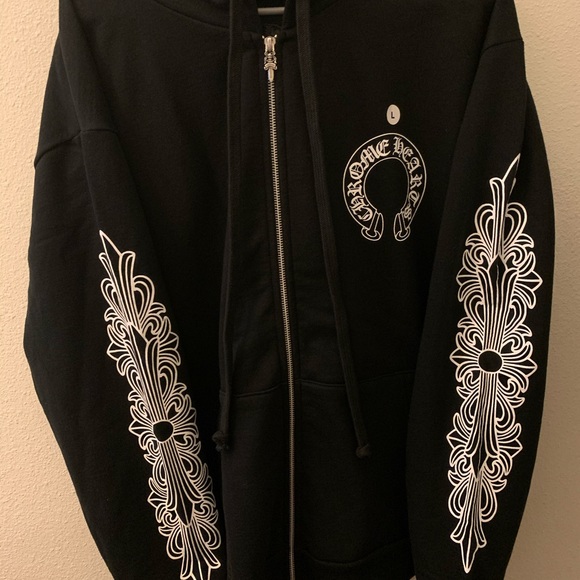Introduction
In the tapestry of life, each thread is colored by the heritage and roots from which it originates. The essence of our identity is deeply intertwined with our cultural background and familial lineage, influencing how we perceive the world and ourselves. Drawing inspiration from Mirka Anderson’s enduring connection to her Polish roots, this exploration delves into the profound impact that heritage has on shaping personal identity, even amidst the backdrop of a global landscape.
Understanding the Depth of Heritage
Heritage is more than just the traditions we practice or the languages we speak. It’s a complex amalgamation of historical experiences, cultural norms, values, and beliefs passed down through generations. This rich inheritance plays a crucial role in the formation of our identity, providing a sense of belonging and a framework within which we understand our place in the world.
The Influence of Cultural Roots on Personal Development
From the moment of birth, the cultural environment in which we are raised starts shaping our perspectives, behavior, and values. For instance, someone brought up in a collectivist society might develop a strong sense of community and interdependence, whereas someone from an individualistic culture might prioritize personal autonomy and self-expression. These foundational influences forge key components of our identity, impacting everything from our career choices to our interpersonal relationships.
Balancing Assimilation and Preservation
The journey of maintaining one’s cultural heritage becomes particularly poignant in the context of immigration or living in a multicultural society. Mirka Anderson’s life story exemplifies this balancing act – embracing the new while holding onto the old. This dual allegiance often poses challenges as one navigates the fine line between assimilation into the dominant culture and preservation of ancestral traditions.
The Psychological Impact of Heritage
The psychological impact of one’s heritage is profound. A strong connection to one’s roots can provide a sense of stability and continuity, especially in times of change or uncertainty. On the other hand, a disrupted or weakened connection might lead to a sense of loss or identity crisis. Understanding and embracing one’s heritage can be a source of strength and resilience, grounding an individual in a sense of history and belonging.
Stories of Cultural Ties
Across the globe, there are countless stories of individuals who, like Mirka, have maintained a deep connection to their roots despite living in a different cultural setting. These narratives often reveal a rich tapestry of traditions, languages, and customs that individuals strive to keep alive, be it through cuisine, festivals, language, or art. Such stories not only illuminate the diverse ways in which heritage shapes identity but also highlight the creative ways people preserve their culture.
The Role of Traditions and Customs
Traditions and customs are the manifestations of heritage. They are the rituals that keep the past alive, bridging generations and reinforcing a sense of identity. Engaging in traditional practices allows individuals to connect with their ancestry, creating a tangible link to their heritage.
Balancing Heritage and Modernity
In a rapidly globalizing world, the question of how to balance heritage with modernity is increasingly relevant. How do we stay true to our roots while embracing the benefits of a connected, modern world? This balance is critical in shaping a well-rounded identity that respects the past while being open to the future.
Heritage: A Source of Pride and Empowerment
1. Anchoring Identity Through Lineage:
Heritage serves as a powerful anchor for individuals, grounding them in their past and providing a sense of continuity and belonging. By tracing familial lineage and understanding the struggles and triumphs of ancestors, individuals can derive pride from their heritage. The stories of resilience and achievements passed down through generations become sources of inspiration and empowerment, reinforcing a strong sense of self-worth and confidence.
2. Fostering Cultural Understanding and Unity:
Heritage transcends individual experiences, encompassing the collective memory, traditions, and values of communities. By embracing their cultural heritage, individuals gain a deeper understanding of their place in the world and the interconnectedness of humanity. This broader perspective fosters empathy, tolerance, and respect for diverse cultural expressions, leading to greater social cohesion and unity.
3. Creative Expression and Cultural Revitalization:
Heritage provides a rich tapestry of traditions, rituals, and artistic expressions that offer individuals a platform for creative expression. Through music, dance, storytelling, and culinary arts, individuals can celebrate and preserve their cultural heritage. This creative expression not only enriches individual lives but also revitalizes cultural traditions, ensuring their preservation for future generations.
4. Empowerment Through Assertion of Rights:
For marginalized communities, heritage can be a potent tool for social and political empowerment. By reclaiming and asserting their cultural identities, marginalized groups challenge dominant narratives, resist oppression, and demand recognition and justice. Movements advocating for indigenous rights, cultural revitalization, and heritage preservation empower communities to reclaim agency over their narratives and assert their right to self-determination.
5. Building a More Inclusive Future:
Embracing heritage fosters a sense of pride and empowerment that transcends individual experiences, inspiring collective action towards a more inclusive and equitable future. By honoring and celebrating diverse cultural expressions, individuals and communities contribute to a richer tapestry of humanity, strengthening social bonds and forging pathways towards unity and solidarity.
In conclusion, heritage serves as a multifaceted source of pride and empowerment, enriching individual lives and strengthening communities. Whether through lineage, cultural understanding, creative expression, or advocacy for rights, heritage empowers individuals to embrace their identities and shape a future that celebrates diversity and inclusivity.
For many, heritage is a source of pride and empowerment. It offers a unique lens through which to view the world and contributes to a richer, more diverse society. Embracing one’s heritage can foster confidence and a strong sense of self, which is particularly important in the face of challenges or discrimination.
The Role of the Individual in Preserving Heritage
Preserving one’s heritage is an active process. It involves not only practicing traditions but also passing them on to future generations. This preservation can take many forms, from teaching traditional languages and recipes to sharing stories and participating in cultural events.
Conclusion
The role of roots and heritage in shaping identity is intricate and multifaceted. Our cultural background and family history provide a foundation upon which our individual identities are built. They offer a sense of belonging, a connection to our ancestors, and a framework for understanding the world. As Mirka Anderson’s life story illustrates, our heritage is not just a relic of the past; it is a living, breathing part of who we are. In a world that often emphasizes uniformity, it’s important to remember the value of diversity and the strength that comes from knowing and embracing our roots. By honoring our heritage, we not only pay tribute to our ancestors but also enrich our own lives and contribute to the tapestry of the human experience.



